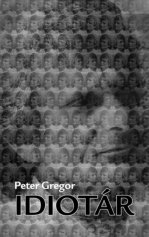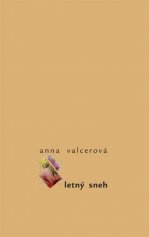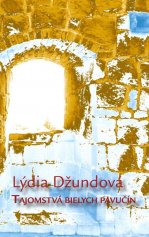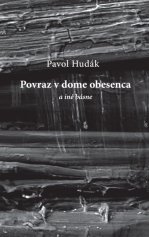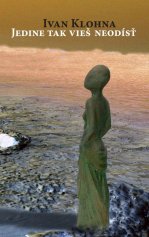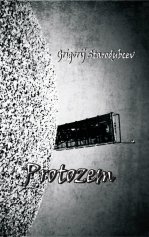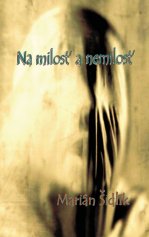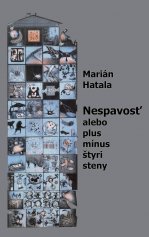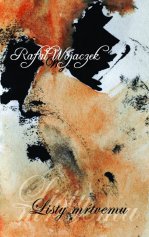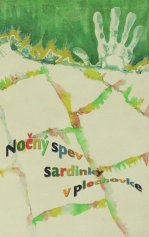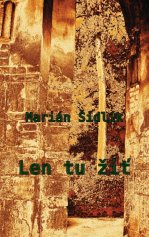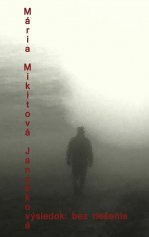Poetry
Peter Gregor: Idiots Guide
The book of aphorisms and epigrams from a creation of the known slovak author, which uncompromisingly presents a satirical mirror not only for readers. A pert, sometimes a cynical, but honest insights, basic ideas, cues with a low dose of black humour, all of those, were sensitively lived through.
Anna Valcerová: Summer Snow
As to the motivation, the latest poetry collection from Anna Valcerova Summer snow, brings the miscellaneous poems reflecting another piece of author's life. Anna's life is mercilessly touched by her husband's death.
Andrijan Turan: Origami
Collection of poems Origami was not written, but whispered. It is a pure crystal and realistic record of the feeling's genesis which is said not to last for a long time. These verses were created during sleepless nights and gloomy days, in the morning with the dawn's light and first ray during awakening.
Lýdia Džundová: Secrets of White Spider Webs
The author does not perceive charm as an old-fogyish prop. This is even more important and urgent under the pressure of frequent disappointment. A woman, who perceives sensuality with disapproval, but also often succumbs to it, must defend herself – authentically by bitter irony related to things, which are losing the meaning in their cycle.
Pavol Hudák: Rope in the House of a Hanged Man
Poetry of Hudák is about seeing the crazy music, about restless, torturing nights, desperate night phone calls with an unknown voice, about searching for water in times of greatest thirst as well as about boozing, so that nothingness as a first-hand experience could get a man out of lethargy, so that it would be somehow possible to experience the happiness.
Ivan Klohna: You can only stay like this
Seldom does a poet succeed in burying his head in the clouds yet staying firmly on the ground with his feet. Klohn's poetry, apparently under the influence of the Beat generation with strong existentialist undercurrents, is hovering in its own myths both cautiously as well as soberly.
Grigorij Starodubcev: The Proto-earth
The poems transcend privacy and the public images are many a time accompanied by a Kafkaesque motif of an unidentifiable pressure. Seeing other aspects of reality takes on a psychedelic dimension where a mistake or a small deviation from the normal is fair enough for the collapse of the world and this moment is topped up by a period context of suspicion.
Marián Šidlík: At the Mercy or Not
The poetry cycle "At the Mercy or Not" originated in 1982-1986. Changing images and an emphasis on the stream of consciousness impose high requirements on the reader. Many paraphrases and references as well as ancient, Indian or Christian symbols rely on his/her intellectual knowledge without which their interpretation would not be possible.
Marián Hatala: Insomnia or plus minus four walls
The author offers a poetic story in his latest book in line with the concept of the previously published books of poetry. The man of the story experiences the nightlife in a block of flats and also in the street.
Rafał Wojaczek: Letters for Dead Man
Rafał Wojaczek is one of the most significant Polish poet in the second half of twentieth century. He was born on the 6th of december in 1945 in Mikolow. He died at night from 10 to 11 of May 1971 in Wroclaw. The book is representative anthology of his whole literary work.
Night Singing of the Sardine in a Tin
The compilation book offers nonsense poetry from the German language environment and many a time poetic grotesques which became a programmatic part of many cabaret shows already during World War I and later formed part of scenes of the stage director Max Reinhardt.
Marián Šidlík: Just to Live Here
In the collection “Just to Live Here” Šidlík offers poems from the 2006-2012 period. He develops here his distinctive and decent poetics and captures rhythmically flowing moments which are often felt in a relationship with the gentle sex.
Mária Mikitová Janošková: Result: No Solution
The collection of poems “Result: No Solution” represents a selection of the author’s work which has been developed since her youth up till now. Although the poems do not refer to concrete temporal and spatial coordinates, they are not about wandering about unknown places at an unknown time.

